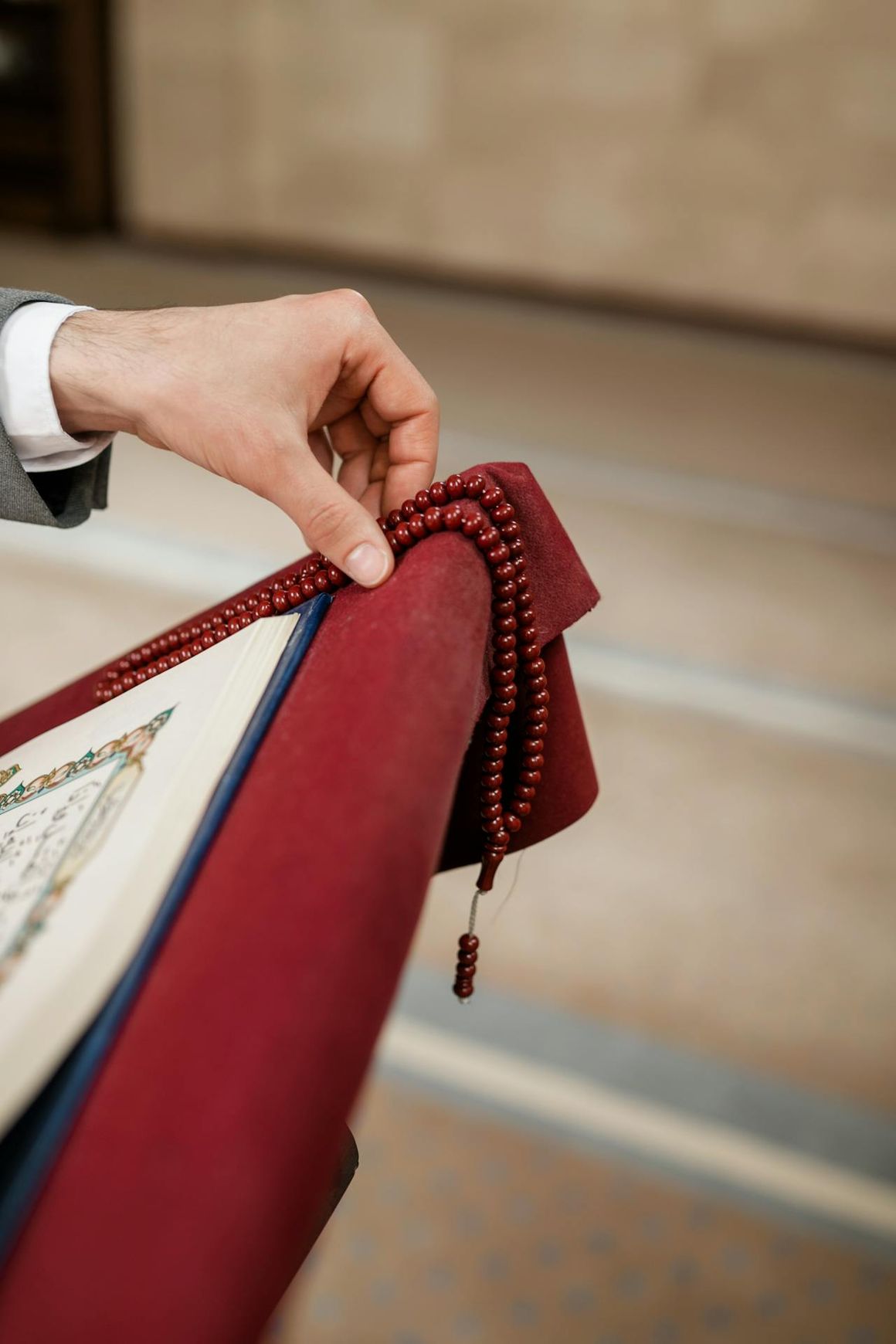Patience, or Sabr in Arabic, is a virtue deeply revered in Islam. It’s not simply about passively enduring hardship, but an active, conscious effort to remain steadfast in the face of adversity, to accept Allah’s decree, and to trust in His wisdom. It’s a cornerstone of faith, a shield against despair, and a pathway to inner peace. But in our fast-paced, instant-gratification world, cultivating patience can feel like an uphill battle. This article delves into the Islamic understanding of Sabr and provides practical, actionable steps to develop this essential virtue in our daily lives.
The Islamic Concept of Sabr: Beyond Mere Endurance
Many misunderstand patience as simply “putting up with” difficult situations. While endurance is part of it, Sabr is far more profound. It encompasses three key elements:
- 1Endurance without Complaint: Remaining steadfast in the face of hardship without resorting to excessive complaining or negativity. This doesn’t mean suppressing emotions, but rather controlling their expression and avoiding harmful speech.
- 2Acceptance of Allah’s Decree (Qadar): Recognizing that everything happens with Allah’s permission and wisdom, even the things we dislike. This requires surrendering to His will and trusting in His plan.
- 3Striving for Good Despite Difficulty: Maintaining a positive outlook and continuing to strive for good deeds, even when faced with challenges. This demonstrates a commitment to faith and a refusal to be defeated by adversity.
The Quran emphasizes the importance of Sabr repeatedly.
O you who have believed, seek help through patience and prayer. Indeed, Allah is with those who are patient.Quran 2:153
This verse highlights that Sabr and prayer (Salah) are interconnected. Prayer provides strength and guidance, while Sabr allows us to persevere in our devotion, even when facing difficulties. It’s a virtuous cycle that strengthens our connection with Allah.
Understanding the Rewards of Patience
The rewards for practicing Sabr are immense, both in this life and the Hereafter. The Quran promises abundant rewards for those who remain patient.
And We will surely test you with something of fear and hunger and a loss of wealth and lives and fruits, but give good tidings to the patient, Who, when disaster strikes them, say, "Indeed we belong to Allah, and indeed to Him we will return." Those are the ones upon whom are blessings from their Lord and mercy. And it is those who are the [rightly] guided.Quran 2:155-156-157
This verse emphasizes that acknowledging Allah’s ownership and returning to Him in times of hardship is a sign of true Sabr. It’s a declaration of faith that unlocks Allah’s blessings and guidance.
Practical Steps to Cultivate Patience
Now, let’s move beyond theory and explore practical steps to cultivate Sabr in our daily lives.
1. Strengthen Your Connection with Allah:
The foundation of patience is a strong relationship with Allah. This involves:
- Regular Prayer: Performing the five daily prayers with sincerity and devotion.
- Quran Recitation: Reading and reflecting on the Quran, seeking guidance and inspiration.
- Dua (Supplication): Making heartfelt supplications to Allah, seeking His help and guidance.
- Remembrance of Allah (Dhikr): Constantly remembering Allah through phrases like SubhanAllah, Alhamdulillah, and Allahu Akbar.
2. Practice Gratitude:
Gratitude and patience go hand in hand. When we focus on the blessings we have, we are less likely to dwell on what we lack.
- Keep a Gratitude Journal: Write down three things you are grateful for each day.
- Express Your Gratitude: Tell others how much you appreciate them.
- Reflect on Allah’s Blessings: Take time to contemplate the countless blessings Allah has bestowed upon you.
3. Reframe Your Perspective:
How we perceive a situation significantly impacts our ability to remain patient.
- See Trials as Tests: View challenges as opportunities for growth and purification.
- Focus on the Positive: Look for the good in every situation, even the difficult ones.
- Remember Allah’s Wisdom: Trust that Allah has a reason for everything, even if we don’t understand it.
4. Control Your Reactions:
Patience isn’t about suppressing emotions, but about controlling how we express them.
- Take Deep Breaths: When you feel overwhelmed, take a few deep breaths to calm yourself.
- Pause Before Reacting: Before speaking or acting, take a moment to think about the consequences.
- Avoid Negative Self-Talk: Replace negative thoughts with positive affirmations.
5. Seek Refuge in Allah:
When faced with difficult situations, turn to Allah for help.
- Recite A’udhu Billahi Minash Shaytanir Rajim: Seek refuge in Allah from the whispers of Satan.
- Make Dua for Patience: Ask Allah to grant you patience and strength.
- Trust in Allah’s Plan: Have faith that Allah will guide you through the challenges you face.
6. Practice Mindfulness:
Mindfulness involves paying attention to the present moment without judgment.
- Engage Your Senses: Focus on what you see, hear, smell, taste, and touch.
- Observe Your Thoughts and Feelings: Acknowledge your thoughts and feelings without getting carried away by them.
- Accept the Present Moment: Embrace the present moment as it is, without wishing it were different.
7. Learn from the Prophet Muhammad (peace be upon him):
The Prophet Muhammad (peace be upon him) was the epitome of patience. He faced numerous trials and tribulations throughout his life, yet he remained steadfast in his faith and unwavering in his commitment to Allah.
- Study His Life: Learn about the challenges he faced and how he overcame them.
- Follow His Example: Strive to emulate his patience and resilience in your own life.
- Seek His Intercession: Ask Allah to grant you the strength to follow his example.
8. Remember the Hereafter:
The ultimate reward for patience is in the Hereafter. The Quran promises a great reward for those who remain patient in the face of adversity.
...Indeed, the patient will be given their reward without account.Quran 39:10
This verse is a powerful reminder that our efforts will not go unrewarded. The rewards of patience are immeasurable and eternal.
The Ripple Effect of Patience
Cultivating patience isn’t just about improving our own lives; it also has a ripple effect on those around us. When we remain calm and composed in the face of adversity, we inspire others to do the same. We create a more peaceful and harmonious environment for ourselves and those around us.
Patience is a virtue that requires consistent effort and dedication. It’s not something we achieve overnight. But with consistent practice and a sincere desire to please Allah, we can cultivate this essential virtue and experience the profound peace and tranquility that comes with it.
Let us strive to embody the spirit of patience in all aspects of our lives, and let us remember that Allah is with those who are patient. May Allah grant us the strength to remain steadfast in the face of adversity and to earn His pleasure.


